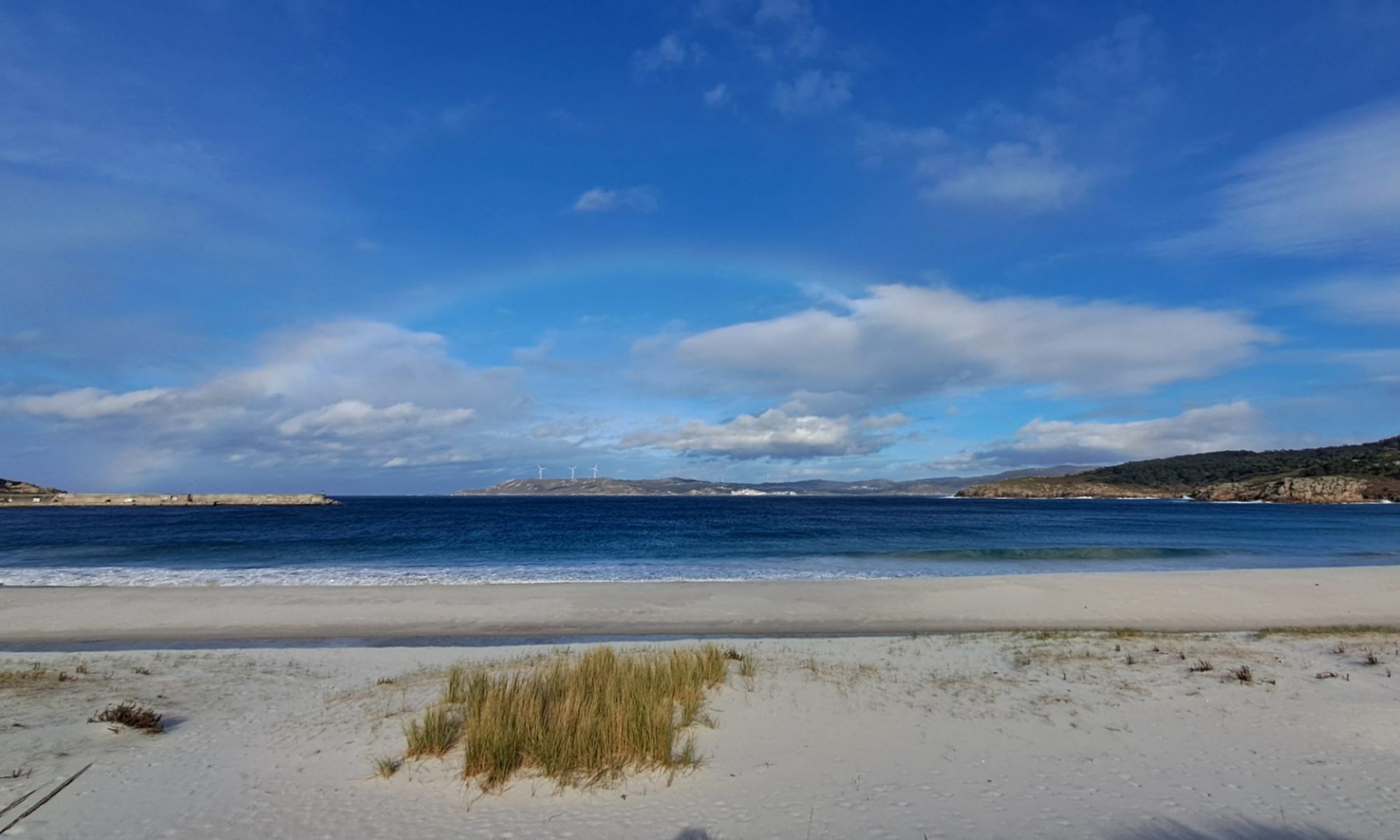Recently I’ve read a few books by Bill Bryson who does comical travel books. His African Diary is particularly good because it has a political edge as he describes the problems of a slum in Nairobi or a refugee camp, a whole town in the middle of a desert where generations have lived unable to return to their homes in Somalia due to war or move in Kenya outside the camp because the Kenyan government has enough problems of its own.
His current big work is A short History of Nearly Everything which is what is known as a best seller. It gives a very good overview of the state of modern science and knowledge. If this is a best seller the public obviously has better taste than they are often given credit for. Actually most of it should be old ground for anyone who did the three main sciences at higher level but it’s always worth refreshing your knowledge and many things are explained a lot better than at school. The geology parts are very interesting since I never did that at school.
For example, those cross section diagrams of the earth, just how do people know what the earth is made of? It turns out they don’t for the most part, the couple of attempts at digging thought the earths crust have failed miserably but measuring echos from earthquakes means the density of the earth at different depths can be calculated, and by measuring the contents of lava we know what’s in there. Fascinating.
Less of a best seller is The Collapse of Chaos. This also covers (in it’s first half) an overview of basic science used to demonstrate how scientists explain our complex world as being made of smaller simpler items. Complex molecules are made of about 100 basic molecules. They are made of a smaller number of sub-atomic particles. It all results in a very complex universe. Except that much of the universe isn’t complex says the second half of the book, just ignore the first 300 pages. Whole galaxies are in simple formations and the solar system is no less complex than the structure of an atom. There may be a unifying theory for physics to join together the theories of relativity and of quantum but it would be useless since objects on different scales need different rules to be understood. Yes you may be nothing more than lots of very complex chemicals to a chemist but that doesn’t help us to understand how humans work in many parts, that’s why we have Biology. Lots more fascinating incites within.
